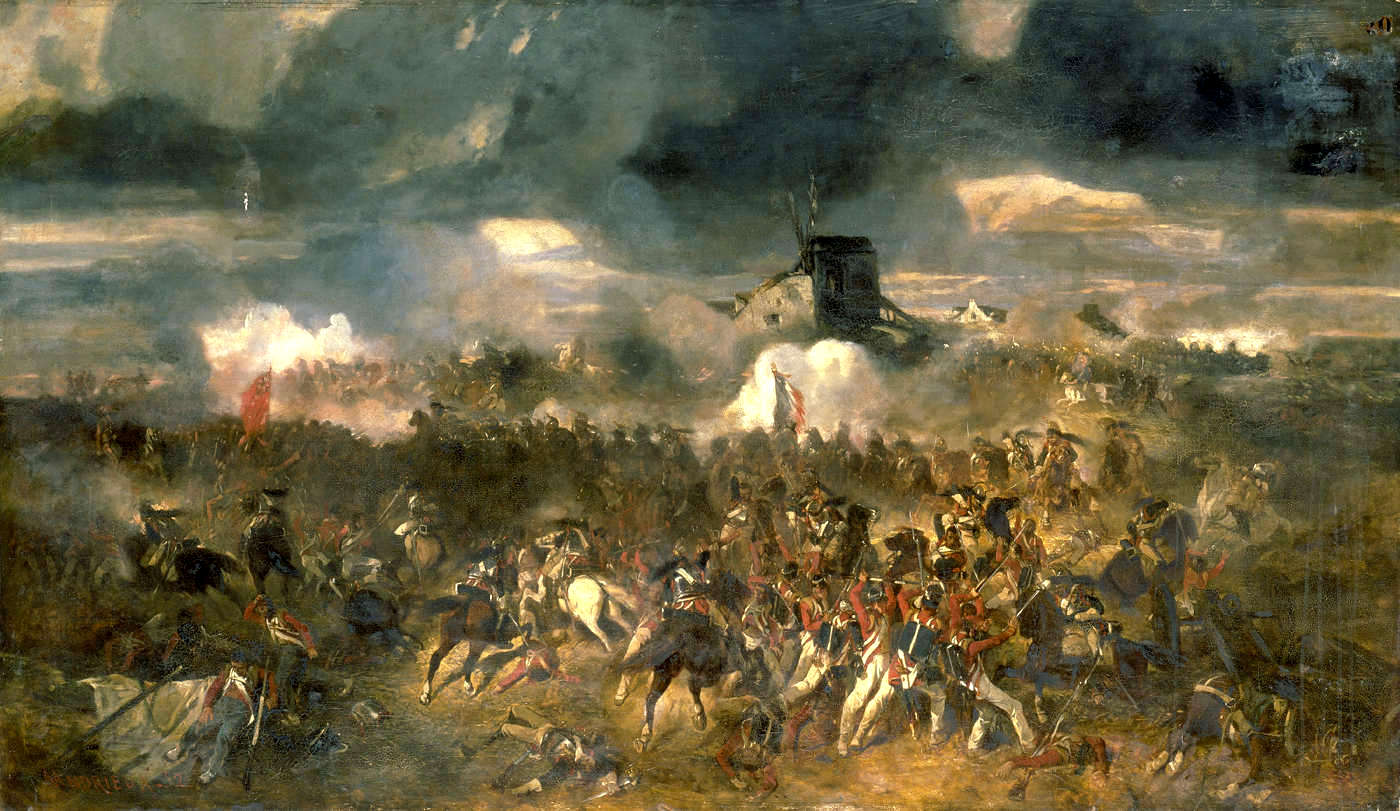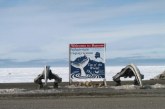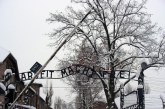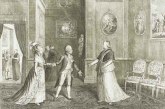
Story Highlights
- Historical event:
- 18 June 1815
- The battle was a slaughterhouse. It started before sunrise, lasted all day, and ended late at night. Five of Napoleon's Marshal Ney's horses were killed while he was riding them, one after the other. The commander of the Old Guard, General Cambronne, reportedly said when he was offered to surrender: "The Guard dies but does not surrender!"
On this day one of the most famous battles in the entire world history took place.
Napoleon Bonaparte was defeated once and for all on the battlefield near the Belgian town of Waterloo (just a few kilometers south of Brussels). Napoleon was opposed by a coalition of European armies under the command of two excellent military geniuses – the English Duke of Wellington and Prussian Field Marshal von Blücher. The Duke of Wellington had the nickname “Iron Duke”, and Blücher “Marschall Vorwärts” (Marshall forward) due to his offensive approach.
Napoleon divided his army into two wings, the left wing under the command of his most trusted associate, Marshal Michel Ney (whom Napoleon proclaimed Prince of Moscow and called him “the bravest of the brave”) and the right wing under the command of Marshal Marquis de Grouchy. The battle was a slaughterhouse. It started before sunrise, lasted all, day and ended late at night. Nearly 30,000 soldiers were killed, of whom about 25,000 on the French side. Five of Napoleon’s Marshal Ney’s horses were killed while he was riding them, one after the other.
The elite part of Napoleon’s army was the Imperial Guard (Garde Imperiale), and among it the so-called Old Guard (Vieille Garde). Finally, it was also defeated. The commander of the Old Guard, General Cambronne, reportedly said when he was offered to surrender: “The Guard dies but does not surrender!” According to another citation, he said simply: “Merde!” This word later became known as “le mot de Cambronne” (“the word of Cambronne”) in the French language.




